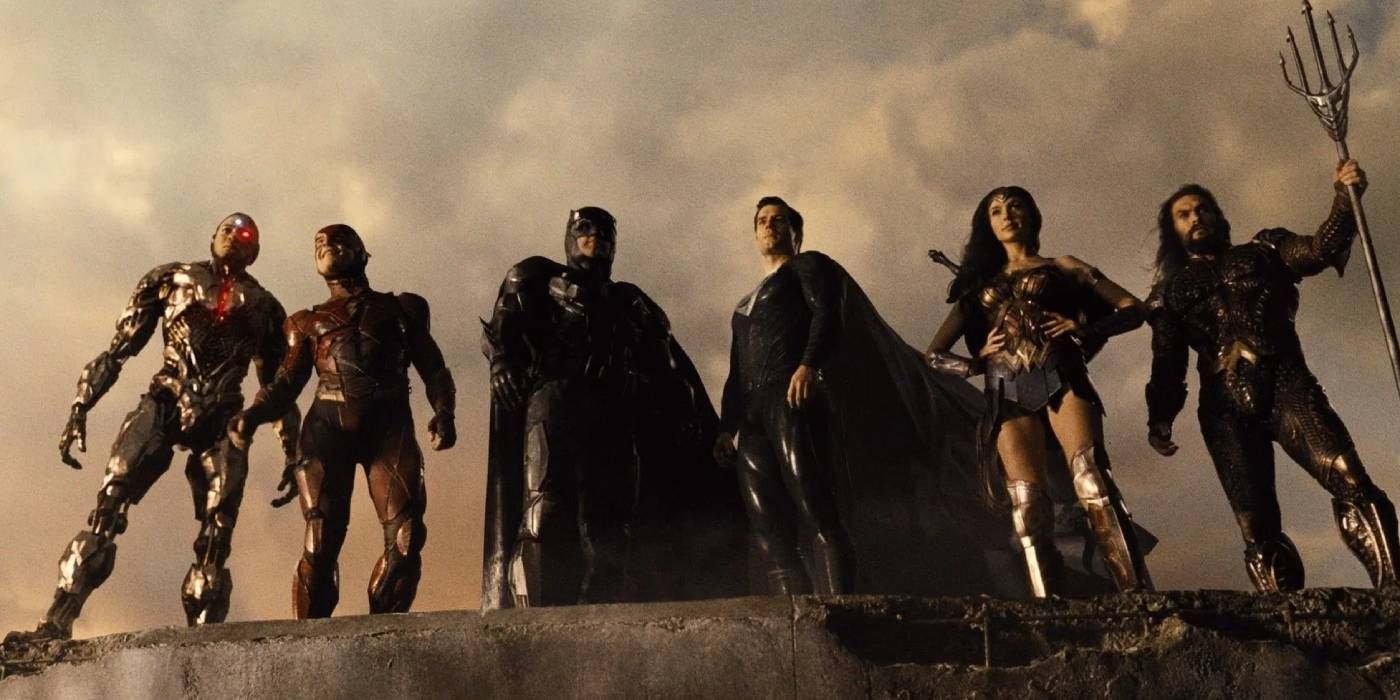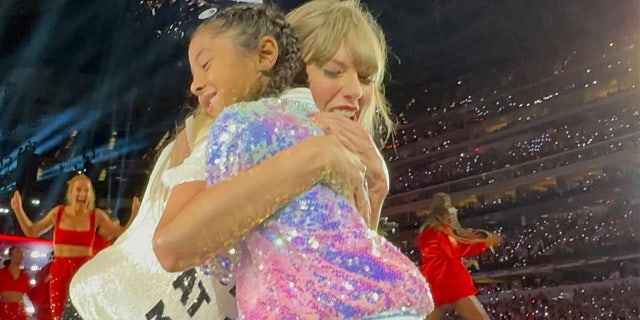Summary
- James Gunn’s DCU plans clash with the darker, god-like approach of the Snyderverse, aiming to bring a more relatable and human quality to the DC superheroes.
- The Snyderverse focused on gods among men, resulting in less human character development and relatability for the audience, while Gunn wants to prioritize human challenges and connections.
- Gunn’s success with the Guardians of the Galaxy films makes him a good candidate to bring a more human element to the DCU, focusing on character development and motivation to create complex protagonists.
James Gunn’s DCU plans clash with what the Snyderverse tried to set up, and there is one line that shows why they can’t both work together. After a ten-year stint with Zack Snyder’s roadmap and repeated attempts to resonate with audiences, writer-director James Gunn and producer Peter Safran took the DCU reigns in hopes of making the DCU a little more like the MCU. While the two cinematic universes have been “competing” for years, the MCU has often been praised by both critics and audiences.
Superhero movies inherently speak to the wonder of human imagination. What if man could fly? What if gods lived among us? What if humanity’s fate was held in precariously in the palms of exceptional individuals defending against inconceivable threats that match their unprecedented existence? But at the same time, those movies battle to balance accessibility, with the most successful Batman movies ever – the Dark Knight trilogy – outright rejecting the idea of the fantastical, and repeated moves across Marvel and DC projects to deconstruct superheroes to something more relatable. Perversely, to something more human. Snyder deconstructed heroes to something else, an idea, but the DCU reboot is heading in a different direction.
The Snyderverse Told The Story Of Gods Among Men
Comic book fans have often said that Marvel tells stories of men who become gods, whereas DC tells the stories of gods among men. This may explain why the MCU has been so successful with audiences who find that they can relate to the main characters. While Snyder took the classical DC approach, Gunn is interested in pursuing a more human approach. In an official statement with The Hollywood Reporter, Gunn and Safran said:
“Our commitment to Superman, Batman, Wonder Woman, Aquaman, Harley Quinn, and the rest of the DC stable of characters is only equaled by our commitment to the wonder of human possibility that these characters represent.”
Criticisms of the Snyderverse films often include the darker tone and style which contrast heavily with Marvel’s colorful and fun approach to superheroes. In addition to the bleak tone, the heroes of the Snyderverse inherently under-deliver on the human element that is so crucial to audience connection. Part of that is down to Snyder’s necessary approach to building story, with the studio keen to get straight into Justice League even before Man Of Steel was released. That necessitated certain narrative leaps that didn’t allow for the individual heroes to get the establishing work that would come in their own origin movies. In place of that came escalation. While the action in Zack Snyder’s films may look extraordinary, whether they were successful in establishing the humanity of the characters is less certain.
With the exception of Batman, the DC heroes in the Snyderverse are gods. Unlike Marvel heroes, many of the DC heroes are already perfect and this makes it hard for audiences to relate to them. This has been an infamous problem with Superman stories which Snyder attempted to remedy with Man of Steel. However, the dark, brooding Superman was far from universally accepted, let alone acclaimed, and he ended up being a threat in Batman v. Superman before Joss Whedon’s fateful attempt to course correct in Justice League. Focusing on gods made for exciting action sequences, but led to a lack of character development that could well have come later had the Snyderverse not been thrown out. Even the commercially and critically successful DCU films, like Wonder Woman and Shazam!, still star gods.
In stories, there is a desire to see the main characters struggle to get their happy ending, but a god cannot struggle in the same way mortals can, so this can lead to less compelling stories. For example, in Man of Steel, Superman spends the film building up his code of ethics, but his code is tested when Zod threatens to kill a group of innocent people if Superman doesn’t kill him. This is a struggle unique to godlike characters and inevitably lacks accessibility by design. Arguably, The Flash attempted a more human story, with Ezra Miller’s Barry Allen forced to struggle with his own grief against a threat to the entire multiverse. Unfortunately, the small scale of a grief story is swallowed by the escalation in the end, and it all becomes a story of gods playing with time. While Snyder’s characters face ideological challenges, Gunn’s characters can face human challenges.
James Gunn’s DC Universe Is Taking A Different Approach
The greatest irony of the DCU reboot is that while the first chapter will be called Gods and Monsters, the promise is of “human possibility”. Gunn’s history and success with Marvel is likely due to the decision to make gods more “human.” For example, in the Guardians of the Galaxy trilogy, the group does not get along at first but eventually grows to love each other. The Guardians bicker with each other like a normal family, so even though most of them have powers, they still contain a human element. Instead of sacrificing morals like in Man of Steel, Groot literally sacrifices himself in the climax of Guardians of the Galaxy. The film does contain fun action sequences, but the heart of the film is the Guardian’s connection with each other.
Gunn’s success with the Guardians of the Galaxy films makes him a good candidate to help bring a more “human” quality to the DCU. Gunn has already committed these feats in DC shows and films, such as The Suicide Squad and its spinoff series HBO’s Peacemaker. While Peacemaker may be super powerful, he is plagued by human problems, including daddy issues. Peacemaker must overcome his childhood trauma to come to terms with who he really is. Since Gunn started off as a screenwriter, he knows the importance of character development and motivation. This is why Gunn’s protagonists are complex and are generally shown searching for more than just a way to defeat the bad guy. The promise of Lois Lane being the heart of Superman: Legacy offers hints the DCU will take the same approach.
While Gunn and Safran have been criticized for some of their DCU plans, Gunn’s commitment to the character development Snyder was not allowed is a solid indicator that the DCU’s future is in good hands. The MCU’s success has largely stemmed from its commitment to bringing human elements to otherwise fantastical characters. If Gunn could fix up the Suicide Squad, he can also fix up other DCU properties and make these characters more relatable to the every man.

















